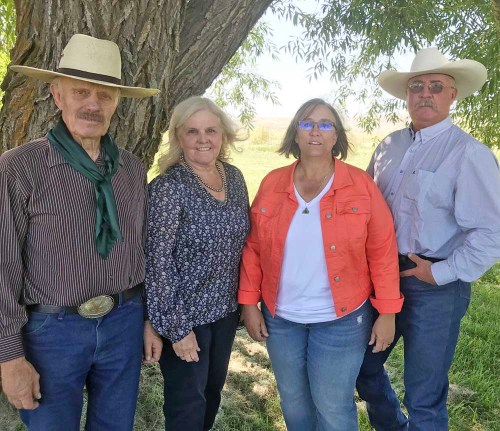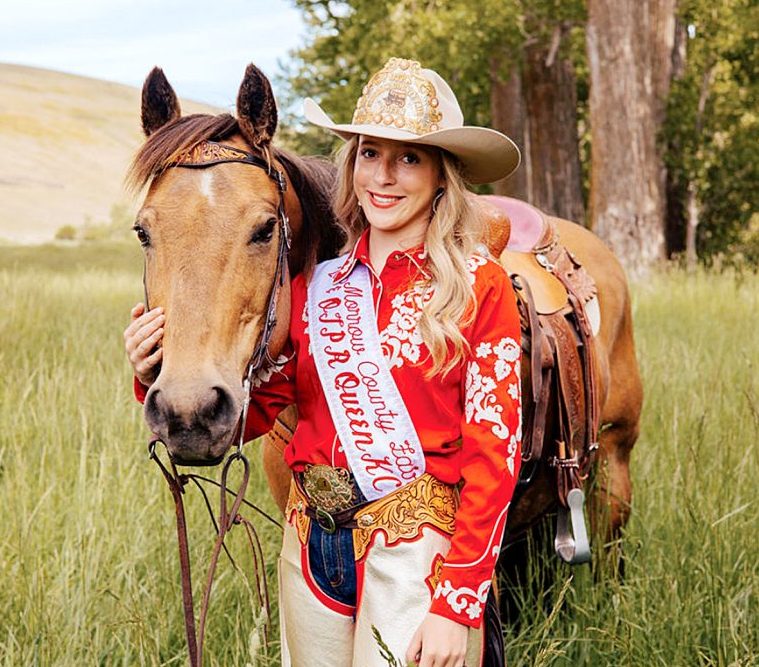U.S. Supreme Court declines to review ‘grazing priority’ legal battle
Published 3:30 pm Wednesday, January 26, 2022

- From left to right, Mike Hanley and his wife, Linda, with daughter Martha Corrigan and her husband, John, at the family’s ranch near Jordan Valley, Ore. The U.S. Supreme Court has refused to review a ruling that determined the family lost its grazing priority to access about 30,000 acres of public allotments.
An Oregon ranch family’s legal battle over “grazing priority” is over now that the U.S. Supreme Court has declined to weigh in on the case.
The nation’s highest court has let stand a ruling from the 9th U.S. Circuit Court of Appeals that determined the Hanley family’s property near Jordan Valley automatically lost its priority access to nearby federal allotments upon losing its grazing permit.
Trending
Grazing priorities or preferences put ranch properties at the top of the list to obtain permits for nearby grazing allotments owned by the U.S. Bureau of Land Management.
Mike and Linda Hanley leased their 1,900-acre private ranch to their daughter and son-in-law, Martha and John Corrigan.
However, the BLM refused to recognize the property’s grazing priority because the Hanleys’ grazing permit hadn’t been renewed.
That decision foreclosed the Corrigans’ ability to graze cattle on 30,000 acres of public allotments in neighboring Idaho, rendering the ranch operation economically unfeasible.
The Owyhee Cattlemen’s Association and the Idaho Cattlemen’s Association argued the BLM’s decision “threatens to subvert the entire system of public land livestock grazing” by weakening the link between private ranchers and adjacent federal allotments.
Grazing preferences also have financial ramifications, as having access to federal allotments substantial increases a ranch’s real estate value.
Trending
The Hanleys and Corrigans took their case to federal court, claiming their due process rights were denied because the BLM has separate regulatory processes for canceling grazing priorities and grazing permits.
Under the BLM’s theory, landowners could lose grazing preferences if they lease property to ranchers who lose their grazing permits, thereby getting punished for another party’s actions.
However, the 9th Circuit upheld an earlier ruling last year that sided with the BLM’s position.
“After a permit expires, a former permittee does not retain any preference to stand first in line for a future permit,” the 9th Circuit said.
The Hanleys and Corrigans petitioned the U.S. Supreme Court to review the case but that request was denied on Jan. 24.









